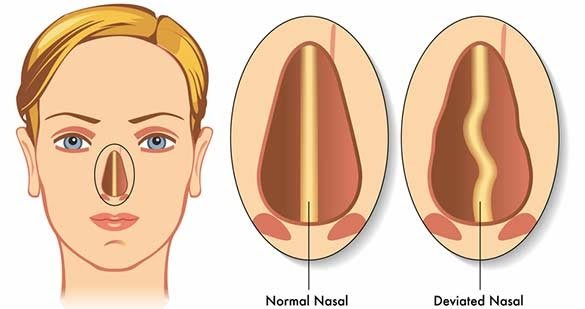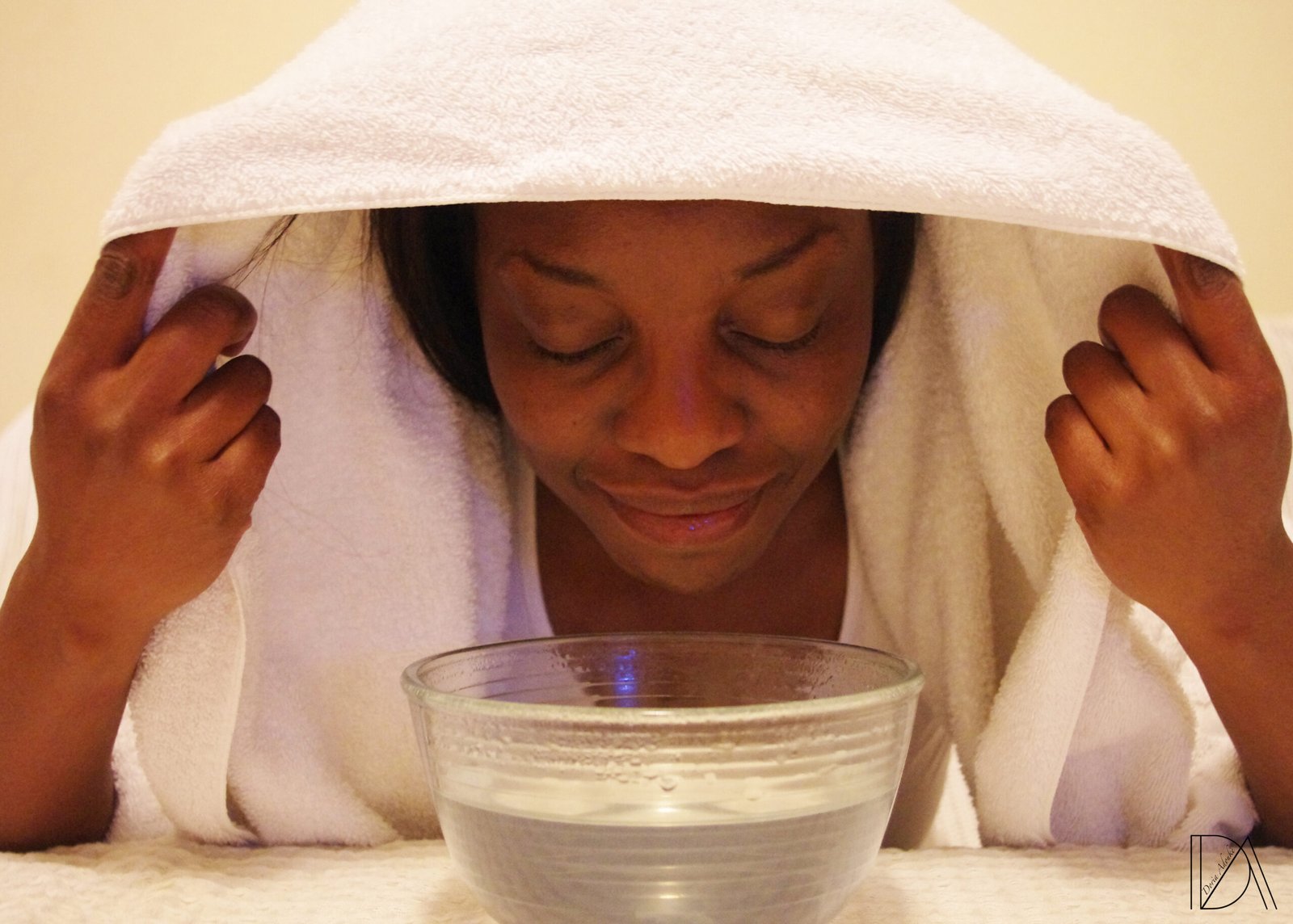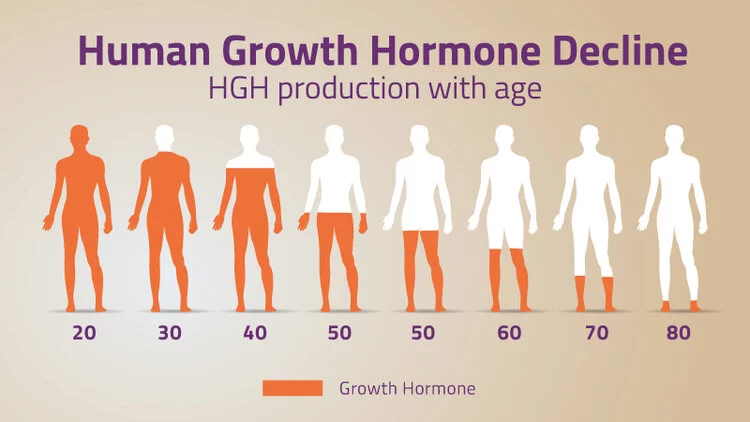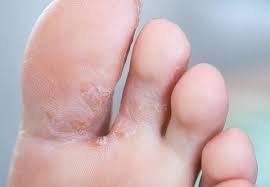Are you tired of constantly dealing with sinus issues? From stuffy noses to painful headaches, sinus problems can be a real pain. But fear not! In this ultimate guide to sinus treatment, we’ve gathered the best tips and tricks for getting rid of those pesky symptoms once and for all. Whether you’re looking for natural remedies or medical treatments, we’ve got you covered. So sit back, relax, and get ready to breathe easy again!
Introduction to Sinusitis and its Causes
Sinusitis, also known as a sinus infection, is an inflammation of the sinuses. The sinuses are the cavities around your nose and eyes. Sinusitis can be caused by a viral infection, such as the common cold, or by a bacterial infection. Sinusitis can also be caused by allergies, environmental factors, or structural problems in the nose. Symptoms of sinusitis include nasal congestion, facial pain and pressure, headache, fever, and drainage of mucus from the nose. Treatment for sinusitis includes over-the-counter medication, prescription medication, home remedies, and surgery.
Symptoms of Sinusitis
Sinusitis is a condition that causes the sinuses to become inflamed. The sinuses are the spaces in the bones around the nose. They are filled with air and lined with a thin layer of mucus. The mucus helps to trap germs and keep the sinuses healthy.
When the sinuses become inflamed, they can no longer do their job properly. This can cause a buildup of mucus, which can lead to infection. Sinusitis is a common condition that affects millions of people each year.
Symptoms of sinusitis include:
-Nasal congestion
-Nasal discharge (yellow or greenish in color)
-Facial pressure or pain
-Decreased sense of smell
-Headache
-Fever
-Bad breath
Treatment Options for Sinusitis
There are a number of different treatment options for sinusitis, which can be divided into medical and surgical treatments. Medical treatments include antibiotics, decongestants, antihistamines, and corticosteroids. Antibiotics are the most common form of medical treatment for sinusitis and are usually prescribed for two to three weeks. Decongestants can help to reduce the swelling of the nasal passages and make it easier to breathe. Antihistamines can help to relieve the symptoms of allergies, which can trigger or worsen sinusitis. Corticosteroids can also help to reduce inflammation and swelling in the nasal passages. Surgery is usually only recommended if medical treatments have failed to improve the condition. The most common type of surgery for sinusitis is a procedure known as ethmoidectomy, which involves the removal of the ethmoid sinuses.
Home Remedies for Sinus Treatment
If you’re struggling with sinus pain, pressure, or congestion, you’re not alone. Millions of Americans suffer from sinus infections each year. But there’s good news! There are a number of effective home remedies for sinus treatment that can help relieve your symptoms and get you back to feeling your best.
One of the most effective home remedies for sinus relief is steam inhalation. This simple technique can help loosen mucus and relieve congestion. Just bring a pot of water to a boil and carefully lean over it, draping a towel over your head to trap the steam. Inhale the steam for 5-10 minutes. You can do this several times per day as needed.
Another helpful home remedy for sinusitis is salt water irrigation. This involves flushing out your sinuses with a warm salt water solution. You can do this using a neti pot or nasal irrigator, which you can find at most drugstores. Just be sure to use sterile saline solution or distilled water to avoid contaminating your sinuses with bacteria.
If allergies are triggering your sinus problems, there are a few things you can do to reduce your exposure to allergens and ease your symptoms. Keep your windows closed during pollen season and run an air purifier in your home or office. If pet allergies are an issue, try to keep pets out of sleeping areas and off upholstered furniture. And if dust is triggering your symptoms, be
Lifestyle Changes for Better Sinus Health
There are a number of lifestyle changes you can make to help improve your sinus health. Some simple tips include:
– Drink plenty of fluids, especially water, to thin out mucus and keep your nose and sinuses moist.
– Avoid dry environments. Use a humidifier in your home or office to prevent the air from becoming too dry.
– Quit smoking and avoid secondhand smoke. Smoke irritates the lining of the nose and sinuses, making them more susceptible to infection.
– Limit your exposure to environmental pollutants and allergens. If you live in an area with high levels of pollution or pollen counts, take steps to limit your exposure as much as possible. This may include wearing a mask when outdoors or using an air purifier indoors.
Medical Treatments for Severe Cases
medical treatments for severe cases can be done in a variety of ways. the most common and effective way to treat severe sinusitis is through the use of antibiotics. other medical treatments include:
-decongestants: these help to reduce the swelling in the nasal passages and make it easier to breathe.
-nasal corticosteroids: these are used to reduce inflammation and help prevent further damage to the sinuses.
-antihistamines: these are used to relieve symptoms such as congestion, runny nose, and sneezing.
-mucus thinners: these help to break down the thick mucus that can build up in the sinuses and cause infection.
Common Mistakes to Avoid During Treatment
There are a few common mistakes that people make when seeking sinus treatment that can actually make their condition worse. First, using over-the-counter cold and allergy medications as a first line of defense can often do more harm than good. These medications can dry out the sinuses and lead to further inflammation. Second, not drinking enough fluids can also contribute to sinus problems. Staying hydrated is crucial in order to thin mucus and keep the sinuses flushed. Third, using humidifiers or steam inhalers without keeping them clean can actually introduce bacteria into the air and make sinus infections more likely. Finally, skipping regular medical checkups or ignoring early symptoms of a sinus problem can allow the condition to progress and become much more difficult to treat effectively.
Conclusion
Sinus treatment can be a difficult process, but with the right tips and tricks, you can find relief from your sinus symptoms. We hope that this guide has given you an overview of some of the most effective treatments available for dealing with sinus issues. Whether it’s using home remedies or seeking professional help, there is something out there to help everyone. Make sure to speak to your doctor if you have any questions about what treatment plan is best for your individual situation.




